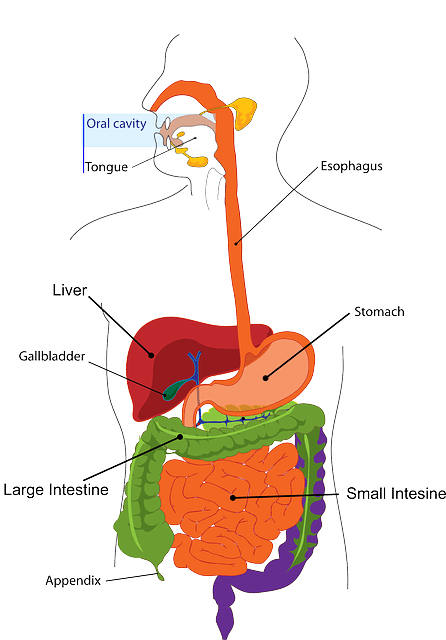The following information is presented for educational purposes only. Medical Marijuana Inc. provides this information to provide an understanding of the potential applications of cannabidiol. Links to third party websites do not constitute an endorsement of these organizations by Medical Marijuana Inc. and none should be inferred.
Nausea – Medical Marijuana Research Overview
Nausea is an unpleasant wavelike feeling in the back of the throat and/or stomach that may or may not result in vomiting. Vomiting is the forceful elimination of the contents of the stomach through the mouth. Retching is the movement of the stomach and esophagus without vomiting and is also called dry heaves. Although treatments have improved, nausea and vomiting continue to be worrisome side effects of cancer therapy. Nausea may be even more distressing for patients than vomiting.
It is very important to prevent and control nausea and vomiting in patients with cancer. Uncontrolled nausea and vomiting can interfere with the patient’s ability to receive cancer treatment and care for himself or herself by causing chemical changes in the body, loss of appetite, physical and mental difficulties, a torn esophagus, broken bones, or the reopening of surgical wounds.
Nausea and vomiting that are caused by cancer therapy are classified as follows:
Acute – Usually occurs within 24 hours after beginning chemotherapy.
Delayed – Occurs more than 24 hours after chemotherapy. Also called late nausea and vomiting.
Anticipatory – If a patient has had nausea and vomiting after the previous 3 or 4 chemotherapy treatments, he or she may experience anticipatory nausea and vomiting. The smells, sights, and sounds of the treatment room may remind the patient of previous episodes and may trigger nausea and vomiting before a new cycle of chemotherapy (or radiation therapy) has even begun.
Chronic – May affect people who have advanced cancer. It is not well understood.
Studies strongly suggest that patients receiving chemotherapy experience more acute and delayed nausea and vomiting than is estimated by health care providers.
Clinical Trials, Studies and Publications – Effects of Marijuana, Cannabis, Cannabidiol and Hemp on Central Nervous System Disorders:
- Cannabidiol: from an inactive cannabinoid to a drug with wide spectrum of action.
- Cannabinoids suppress acute and anticipatory nausea in preclinical rat models of conditioned gaping.
- Efficacy and safety of medical cannabinoids in older subjects: a systematic review.
- Suppression of lithium chloride-induced conditioned gaping (a model of nausea-induced behaviour) in rats (using the taste reactivity test) with metoclopramide is enhanced by cannabidiolic acid.






